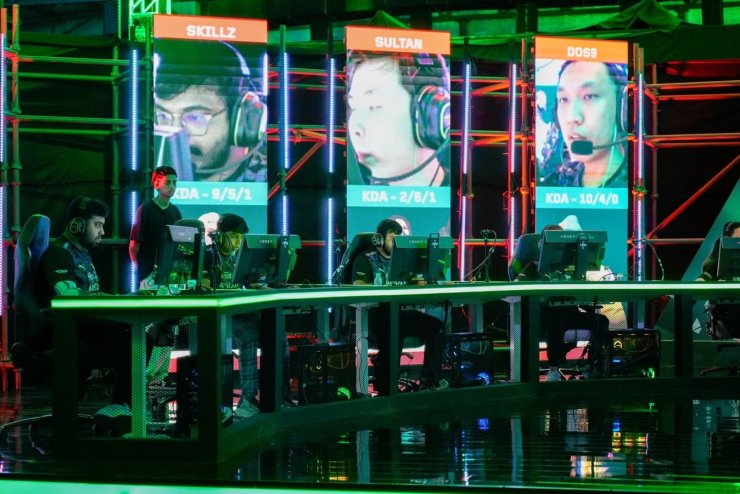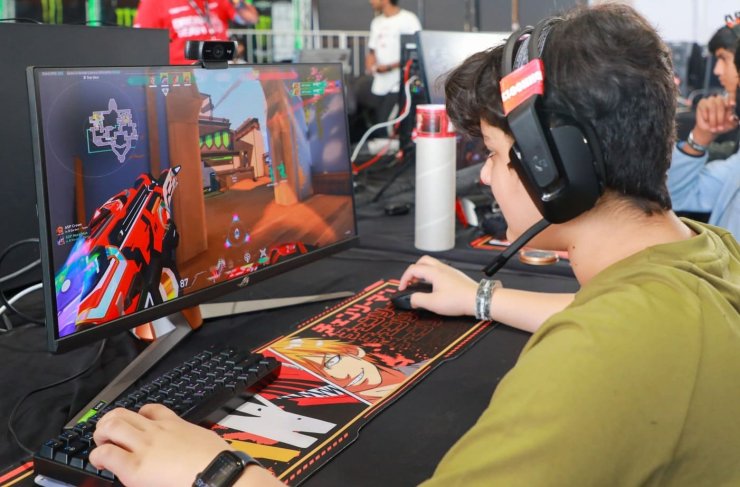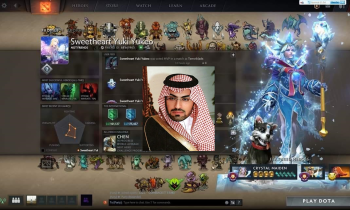The Asian Youth Games 2025 esports competition will take place in Bahrain from October 22 to 31, 2025. This marks the first time esports appears as an official medal event at the tournament. Furthermore, the competition will feature 24 sports disciplines in total.
Three games will represent the Asian Youth Games 2025 esports lineup: eFootball, Street Fighter, and Rocket League. Each title will include both boys' and girls' categories for comprehensive competition. Additionally, the Asian Electronic Sports Federation (AESF) will govern all esports competitions at the event.

Age Requirements and Participant Eligibility
The Asian Youth Games 2025 esports events target athletes between 15 and 18 years old as of December 31, 2025. This age range ensures the competition remains focused on youth development. Moreover, the eligibility criteria provide clear pathways for young gamers to enter competitive esports.
The tournament structure allows emerging talent to compete at an international level. Furthermore, participants gain valuable experience in high-pressure competitive environments. This exposure helps develop the next generation of professional esports athletes.
PC Gaming Development in India
The Asian Youth Games 2025 esports selection emphasizes PC-based titles, which presents significant opportunities for India. Historically, mobile gaming has dominated the Indian market. However, PC gaming momentum continues growing with increased infrastructure investment.
Companies like CyberPowerPC India have entered the market to support this transition. The company recently partnered with Orangutan esports organization to establish ApeCity gaming facility. Additionally, these partnerships provide high-performance PC access for developing players.
National Esports Recognition and Growth
Earlier this year, the Khelo India Youth Games featured esports as demonstration sports. The event included BGMI, Street Fighter 6, eFootball, and chess competitions. Furthermore, this national recognition helps establish clearer pathways for competitive gaming careers.
The Asian Youth Games 2025 esports inclusion builds upon this domestic momentum. International recognition enhances the credibility of esports as a legitimate career path. Moreover, young athletes now have prestigious platforms to showcase their skills.
Industry Leadership and Global Representation
S8UL represents India's growing presence in international esports competitions. The organization will be the first Indian company competing at the Esports World Cup 2025 in Riyadh. Additionally, S8UL will participate across eight different game titles at the event.
This global representation demonstrates India's competitive potential on the world stage. Furthermore, successful international participation inspires domestic talent development. The visibility helps attract investment and support for grassroots esports programs.
Infrastructure Development and Accessibility
CyberPowerPC India focuses on creating accessible gaming spaces for young players. The company's partnership with Orangutan provides state-of-the-art equipment at ApeCity facility. Moreover, these installations help players experience professional-grade hardware without financial barriers.
The Asian Youth Games 2025 esports recognition motivates continued infrastructure investment. Furthermore, improved accessibility ensures talent development across different economic backgrounds. This inclusive approach strengthens the overall competitive ecosystem.
Future Tournament Opportunities
Beyond the Asian Youth Games 2025 esports events, additional competitions await Indian players. The Asian Games in Aichi-Nagoya will feature 11 esports titles as official medal events next year. Furthermore, India previously competed in four titles at the 2022 Asian Games.
The country now prepares for stronger performance in upcoming international competitions. Additionally, increased tournament exposure provides more opportunities for player development. This competitive experience builds toward long-term success in global esports.
Industry Expert Perspectives
Animesh Agarwal from S8UL emphasized the historical significance of the Asian Youth Games 2025 esports inclusion. He noted that official recognition at prestigious multi-sport events inspires new generations of talent. Furthermore, this recognition helps shape the future path for competitive gaming across Asia.
Vishal Parekh from CyberPowerPC India highlighted the importance of PC gaming's prominence in the competition. He explained that PC gaming has always served as a global esports benchmark. Moreover, this recognition motivates continued investment in grassroots ecosystem development.
Market Evolution and Career Opportunities
The Asian Youth Games 2025 esports events represent a shift toward structured competitive gaming in India. Previously, many aspiring players lacked clear pathways to professional careers. However, official recognition at international events creates legitimate career opportunities.
Pravan Parikh from Dirtcube Interactive noted that this recognition brings structure to players' long-held dreams. Furthermore, the PC gaming focus opens fresh opportunities for skill development and talent discovery. This evolution supports long-term career growth within the esports ecosystem.

Strategic Implications for Indian Esports
The Asian Youth Games 2025 esports inclusion positions India for significant competitive gaming growth. The country moves beyond mobile gaming dominance toward PC-based competition. Additionally, improved infrastructure and investment support this transition.
Organizations across the industry recognize the potential for serious international competition. Furthermore, India's path leads from participation toward becoming a major contender in global esports. This transformation requires continued investment, infrastructure development, and talent cultivation.
Long-term Development Goals
The Asian Youth Games 2025 esports events serve as a foundation for sustained growth in Indian competitive gaming. The recognition alongside traditional sports enhances mainstream acceptance. Moreover, this legitimacy attracts additional investment and support from various stakeholders.
The competitive ecosystem continues evolving with stronger national representation and improved facilities. Furthermore, young athletes gain access to professional development opportunities previously unavailable. This comprehensive approach builds toward India's emergence as a major force in international esports competition.










Comments